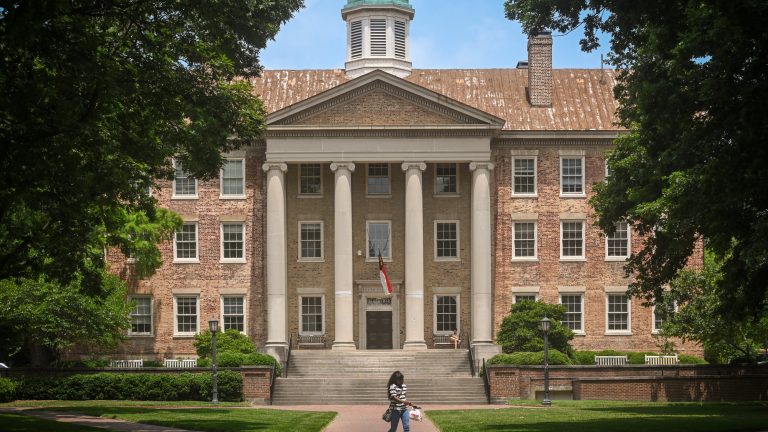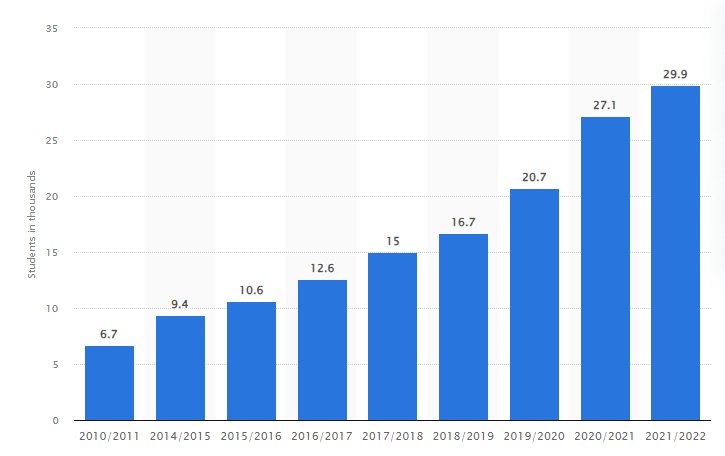
Education has always been a powerful tool for the transformation and progress of nations. In the context of Africa’s development, Russian educational institutions have emerged as valuable partners in shaping the future of the continent. The historical ties between Russia and African countries are deep-rooted, and the commitment to educating Africans has yielded remarkable results. This piece explores the enduring partnership and the exciting new initiatives that promise to further strengthen the bridge between Russia and Africa.
A Historical Legacy of Education
The mid-1980s marked a significant turning point when the Soviet Union had already signed numerous agreements in economic, cultural, and other fields with African nations. Thousands of African students were given the opportunity to study at Soviet universities and Technikons. As a result, today, we witness a notable legacy with African leaders, including the Presidents of Angola, Mozambique, and South Africa, who once honed their skills within the Soviet educational system. Moreover, the Soviets trained over 200,000 specialists on African soil, contributing to the continent’s development.
Register for Tekedia Mini-MBA edition 19 (Feb 9 – May 2, 2026): big discounts for early bird.
Tekedia AI in Business Masterclass opens registrations.
Join Tekedia Capital Syndicate and co-invest in great global startups.
Register for Tekedia AI Lab: From Technical Design to Deployment (next edition begins Jan 24 2026).
Contemporary Partnerships
Today, Russian universities continue to attract students from across the African continent. Prominent institutions like the Peoples’ Friendship University of Russia, St. Petersburg State Electrotechnical University “LETI,” Peter the Great St. Petersburg Polytechnic University, and the National Research University Higher School of Economics have welcomed a growing number of African scholars.
The most recent data shows that the number of African students studying at the National Research University Higher School of Economics (HSE) increased by 20% in the 2022-2023 academic year, demonstrating the increasing interest in Russian education. The educational program “Population and Development” at HSE has seen participation from 127 students representing 29 different countries, with six African nations actively engaged in this program.
Growing Opportunities
Russia’s commitment to educating African students is further exemplified by the substantial increase in state-funded places for foreigners in the 2023-24 academic year, totaling 30,000. The allocation of federal funds to support African students has increased by an impressive 150% in the past three years, reaching over 4,700 scholarships for the upcoming academic year.
Moreover, President Vladimir Putin has noted that approximately 10,000 African students are currently pursuing medical specialties in Russia, highlighting the diverse range of fields in which African scholars are making strides.

Source: Statista, 2023
Expanding Horizons
Currently, nearly 35,000 African students are studying in Russian universities, with over 6,000 benefiting from Russian government scholarships. This number continues to grow steadily, highlighting the enduring appeal of Russian educational institutions. Russia’s commitment to Africa goes beyond the classroom. President Putin has announced plans to open branches of leading Russian universities in Africa. The Russian-African Network University is fostering close ties with African educational institutions, aiming to enhance collaboration and educational opportunities.
A promising initiative, the Russian-African consortium of technical universities, is focused on joint training of professionals for the mineral resources sector, aligning with Africa’s growing significance in the global resource landscape. Also, the creation of the Association of African Graduates of Russian Universities in July 2023 in St. Petersburg signifies a new chapter in Russia-Africa educational cooperation. This initiative underscores the importance of nurturing all-round development within university education collaboration, thereby solidifying Russia’s commitment to its African partners.
From all indications, the sustainable growth of Russian education in Africa looks promising with the kind of friendship the government and people of Russia have extended to Africans over the years. This indicates the country poise to continue to play a pivotal role in advancing the continent’s potential. The collaborative efforts in education, the expansion of scholarship opportunities, and the joint initiatives between Russian and African institutions present a bright outlook for Africa’s development. The enduring friendship between Russia and Africa, forged through education, promises to have a lasting impact on the continent’s progress.



